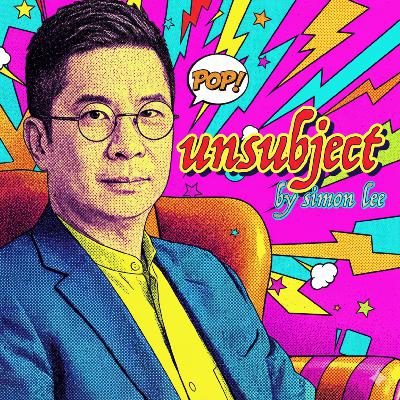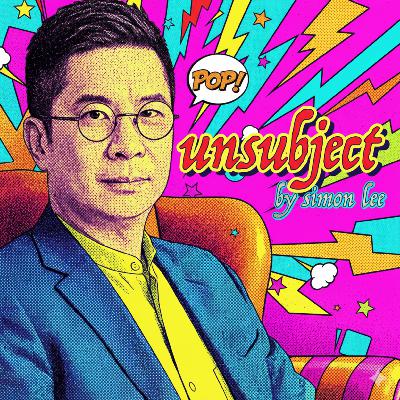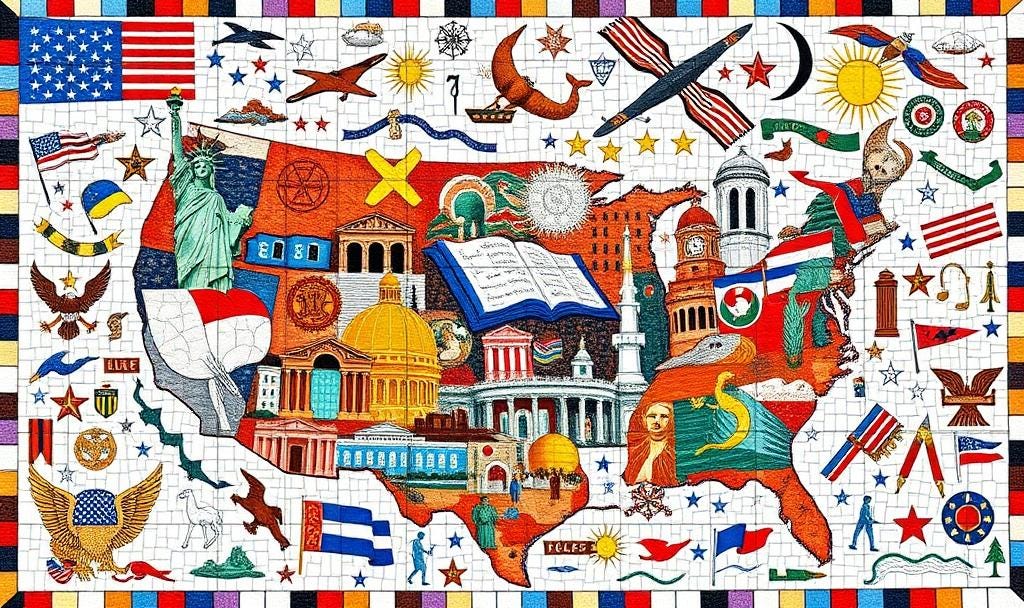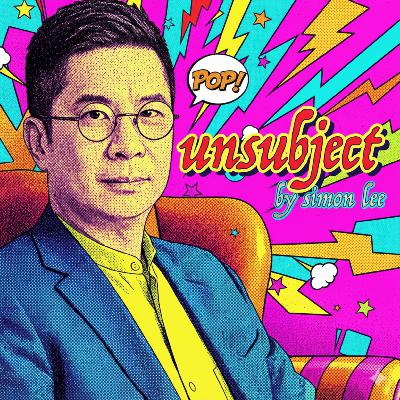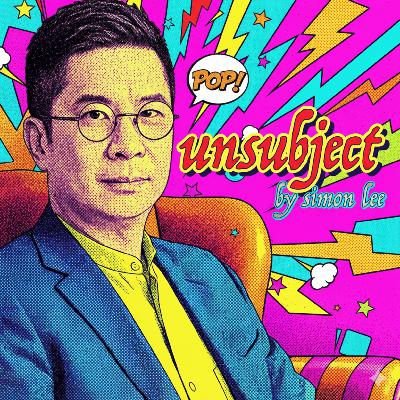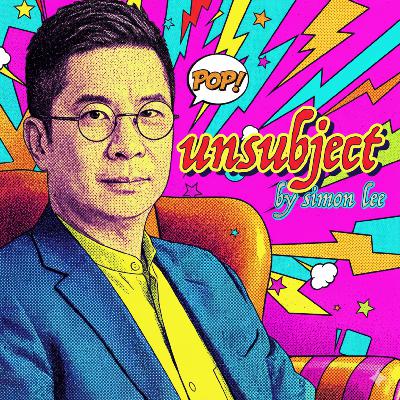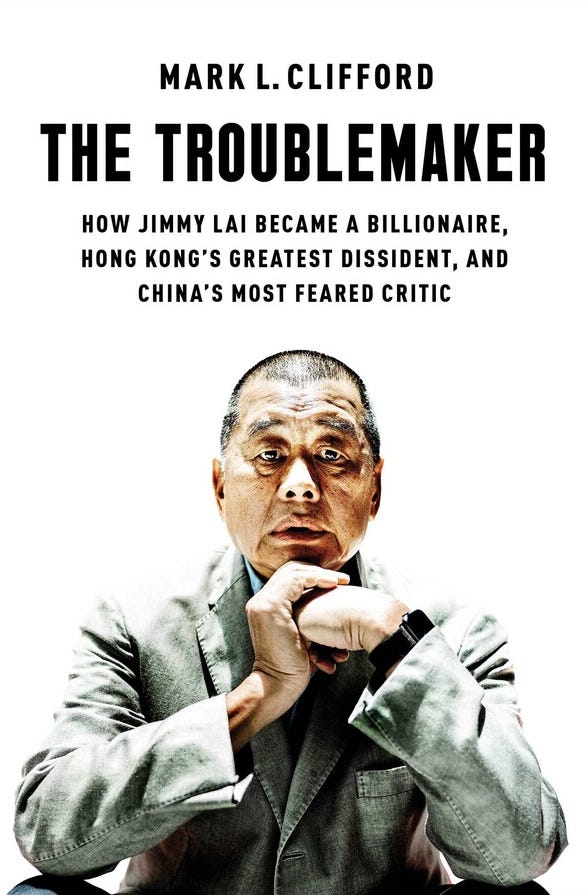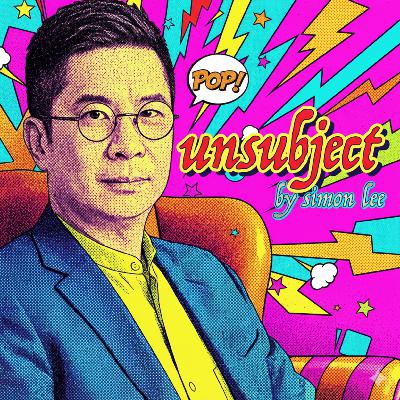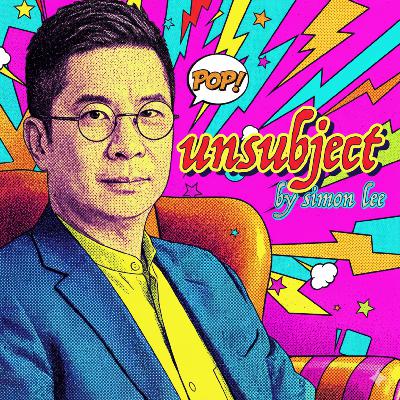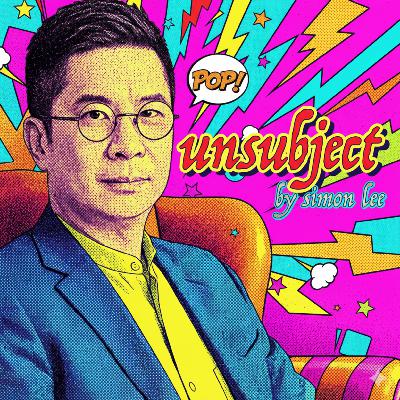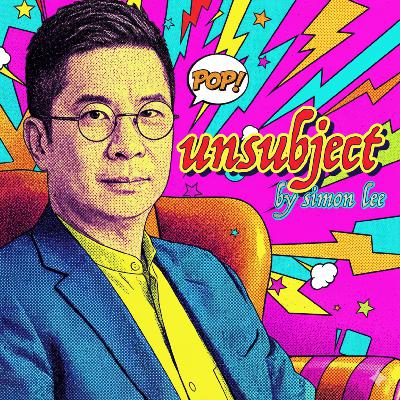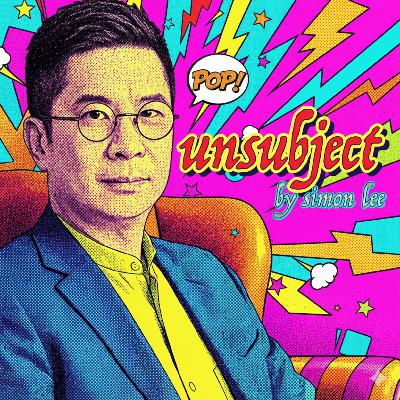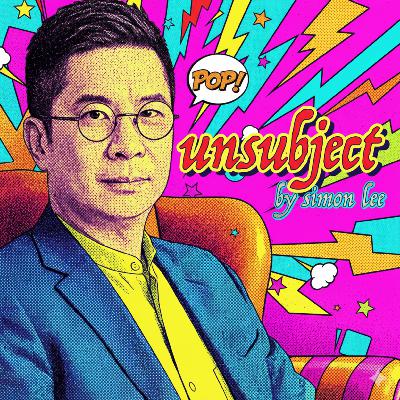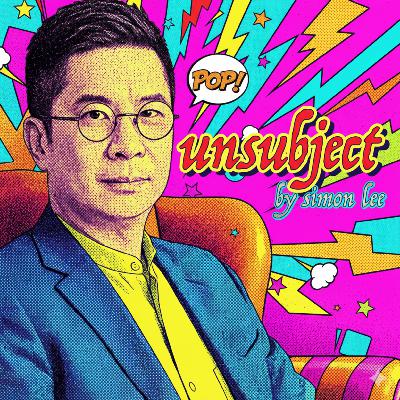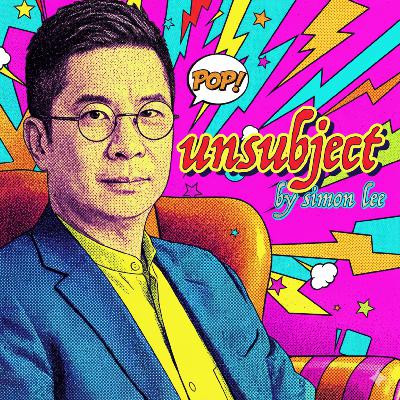The Trial of Jimmy Lai
Description
For those familiar with the 2019 resistance movement in Hong Kong, images of mass protest and calls for freedom remain vivid. What is less known is the aftermath, the events that unfolded once the global spotlight faded. Among these developments, the trial of Apple Daily and its founder, Jimmy Lai, stands as a stark example of the changing political and legal landscape in Hong Kong.
Since its founding in 1995, Apple Daily was celebrated for its fearless journalism and outspoken pro-freedom stance. The newspaper played a pivotal role during the 2019 protests, becoming a symbol of free speech.
However, in 2021, the paper ceased operations after its assets were frozen under the National Security Law.
Jimmy Lai, a prominent businessman-turned-activist, is now on trial, accused of using Apple Daily as a platform to undermine national security.
The trial, which has been ongoing for nearly a year, has reached its 96th day.
Overview of the Case
The prosecution's case hinges on five key allegations, each focusing on Lai's role as the founder of Apple Daily and his political activities.
One. Lai’s Role in Apple Daily
The prosecution argues that Lai held ultimate control over the newspaper’s editorial direction, using it to further his pro-democracy agenda. Witnesses described the so-called "lunchbox meetings," where Lai allegedly provided direct instructions to senior editors.
A former executive characterized these meetings:
"Lai would set the tone for the week’s reporting, often focusing on maximizing coverage of key protests or international events. He was strong-willed, and his instructions were seen as final."
While some senior editorial staff testified that they had some autonomy, they also noted this autonomy was constrained within what they described as a "caged autonomy," with Lai as the ultimate decision-maker.
Two. Content of Apple Daily
The prosecution scrutinized Apple Daily’s editorial policies, particularly its English-language edition launched in 2020, alleging it was crafted to influence U.S. policymakers and stoke anti-China sentiment.
Former editor-in-chief of Apple Daily English News, Lo Fung, testified that Lai instructed the editorial team:
"Focus only on China’s negative stories. We’re not here to balance the narrative—we’re here to tell the world what they don’t want you to know."
Prosecutors presented this as evidence that Apple Daily functioned as a propaganda tool rather than a journalistic outlet.
Three. "One Person, One Letter, Save Hong Kong" Campaign
The "One Person, One Letter, Save Hong Kong" campaign, initiated by Apple Daily, was presented as evidence of collusion with foreign forces. The campaign encouraged readers to write to then-U.S. President Donald Trump, urging intervention against the National Security Law's implementation.
Four. Connections with International Figures
Lai’s online interview program featuring foreign commentators was another focal point. The prosecution argued that Lai used this platform to discuss sensitive political topics and potentially solicit foreign intervention.
The prosecution also highlighted Lai's meetings with U.S. officials, including former Vice President Mike Pence and former Secretary of State Mike Pompeo, as part of his alleged efforts to seek international support for sanctions against China.
Five. Financial Support for Activism
Lai’s alleged financial backing of pro-democracy groups like Stand with Hong Kong (SWHK) was scrutinized. SWHK played a key role in global advocacy for the movement, including lobbying for sanctions against Chinese officials.
A former activist testified:
"Lai’s companies provided crucial support for our ad campaigns. Without that funding, we couldn’t have achieved the global impact we did."
The prosecution contends this financial support constitutes collusion with foreign forces, a core charge under the National Security Law.
Jimmy Lai’s Testimony
Day 93
Day 93 marked the beginning of Lai's testimony in his own defense. The session focused heavily on Lai's background, the core values and editorial processes of Apple Daily, and his relationships with various individuals, including foreign politicians and dignitaries.
Lai explained his decision to transition from a successful career in fashion with Giordano to the media industry stemmed from the Tiananmen Square protests in 1989. He stated that, as a businessman who had achieved some financial success, he saw starting a newspaper as a way to promote freedom. He believed access to information was key to achieving greater freedom, stating:
"The more information you have, the more you are in the know, the freer you are."
Lai described the core values of Apple Daily as reflecting those of the Hong Kong people, particularly those who valued democracy and freedom. He stated that these values included the rule of law, democracy, freedom of speech, freedom of assembly, and opposition to violence and opposition to Hong Kong independence. Lai stated he believed these values stemmed from Hong Kong's history under British governance.
Lai emphasized his opposition to Hong Kong independence, calling it a "conspiracy" designed to entrap people. He stated he considered the idea "too crazy" to even consider and forbade his staff from mentioning it in the newspaper. He said:
"The advocacy of independence of Hong Kong is a conspiracy because people just want us to get us into the trap. That was never a reality. That was too crazy to think about this, that’s why I never allow any of our staff or the newspaper to mention about this."
Responding to accusations of "poisoning" readers, Lai said, "I don’t think I have ability to pollute or corrupt the mind of the Hong Kong people just by my writing."
Lai acknowledged donating to think tanks in the US but denied that these donations were intended to influence US policy towards China. He asserted that his donations were relatively small compared to others and made without any expectation of a return. He stated, "If I ask for something in return that will be too presumptuous... I think this is crazy."
Day 94
Day 94 of the trial continued Lai's testimony under examination by his defense counsel. The focus of the day's proceedings shifted from Lai's personal background and political beliefs to his role in Apple Daily's editorial processes and his relationships with key staff members.
In response to the defense's reference to his May 29, 2020, article published in New York Times, titled "Do My Tweets Really Threaten China’s National Security?" Lai elaborated on his grave concerns regarding the National Security Law. He explained that the provisions were sweeping and ambiguously worded, granting authorities significant leeway for arbitrary interpretation. This ambiguity, he noted, created a chilling effect, suppressing free speech and enabling the prosecution of individuals for dissenting views. he emphasized that the law’s vague language would severely restrict freedom of expression, leading to widespread self-censorship and eroding Hong Kong's tradition of robust civil liberties.
As a leading pro-democracy publication, Apple Daily was particularly susceptible to the law's expansive reach. Lai expressed his fear that the NSL could be weaponized to silence the newspaper, either through direct legal action or by intimidating its staff and contributors. These concerns, he argued, underscored the existential threat the NSL posed to Apple Daily and Hong Kong's free press.
The defense team highlighted testimony from former Apple Daily CEO Cheung Kim-Hung, who alleged that Lai had instructed him to continue operating the newspaper as usual while Lai was in custody. Lai vehemently denied this accusation, asserting that issuing such instructions under the constraints of the National Security Law would have been both irresponsible and reckless. To support his position, Lai pointed to a letter he had written to the newspaper's staff, emphasizing caution and prioritizing their safety. He argued that this letter was consistent with his stance and demonstrated that he would not have encouraged actions that could endanger his colleagues.
The defense then referenced communications between Lai and Apple Daily’s former Deputy Publisher Chan Pui-man, highlighting Lai’s practice of forwarding articles and suggestions for editorial consideration. Lai testified that he forwarded an article written by Benedict Rogers, the head of Hong Kong Watch, to Chan, leaving it to her discretion to determine its relevance. Lai stated that he often shared articles from others if he believed they might be useful but stressed that the ultimate decision always rested with the editorial staff.
The defense also cited messages exchanged between Lai and Chan regarding the July 1 Legislative Council incident. Lai expressed his concern over the impact of the storming of the Legislative Council Complex by young protesters, stating,
"The young people storming Legislative Council weighed heavily on my heart. What do you think the pro-democracy camp can do afterward to ensure the movement continues? Fortunately, the public seems to have some sympathy for the young people breaking into Legislative Council Complex, so the damage might not be too severe. What do you think?"
In court, Lai clarified that his comments were not editorial directives but suggestions. He explained that he was worried the incident might harm the broader movement and wanted to highlight the perspectives of young protesters to garner public understanding and sympathy. Lai reiterated that his intention was to focus on reporting the thoughts and motivations of the youth, rather than issuing any orders about how the story should be covered.
"Some peopl

